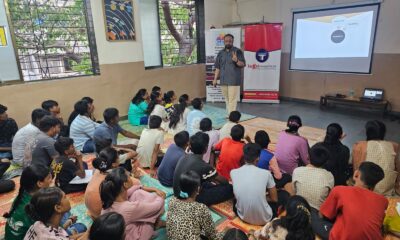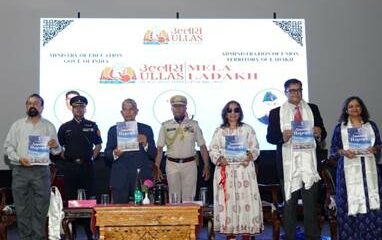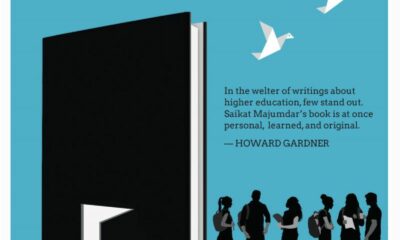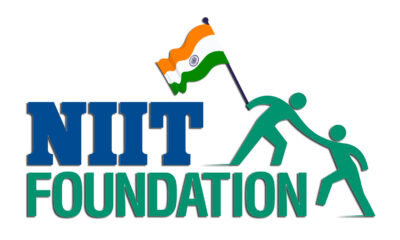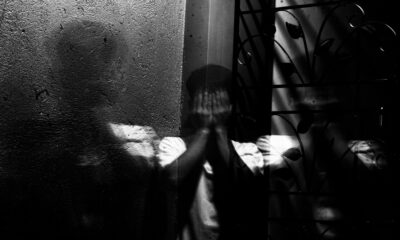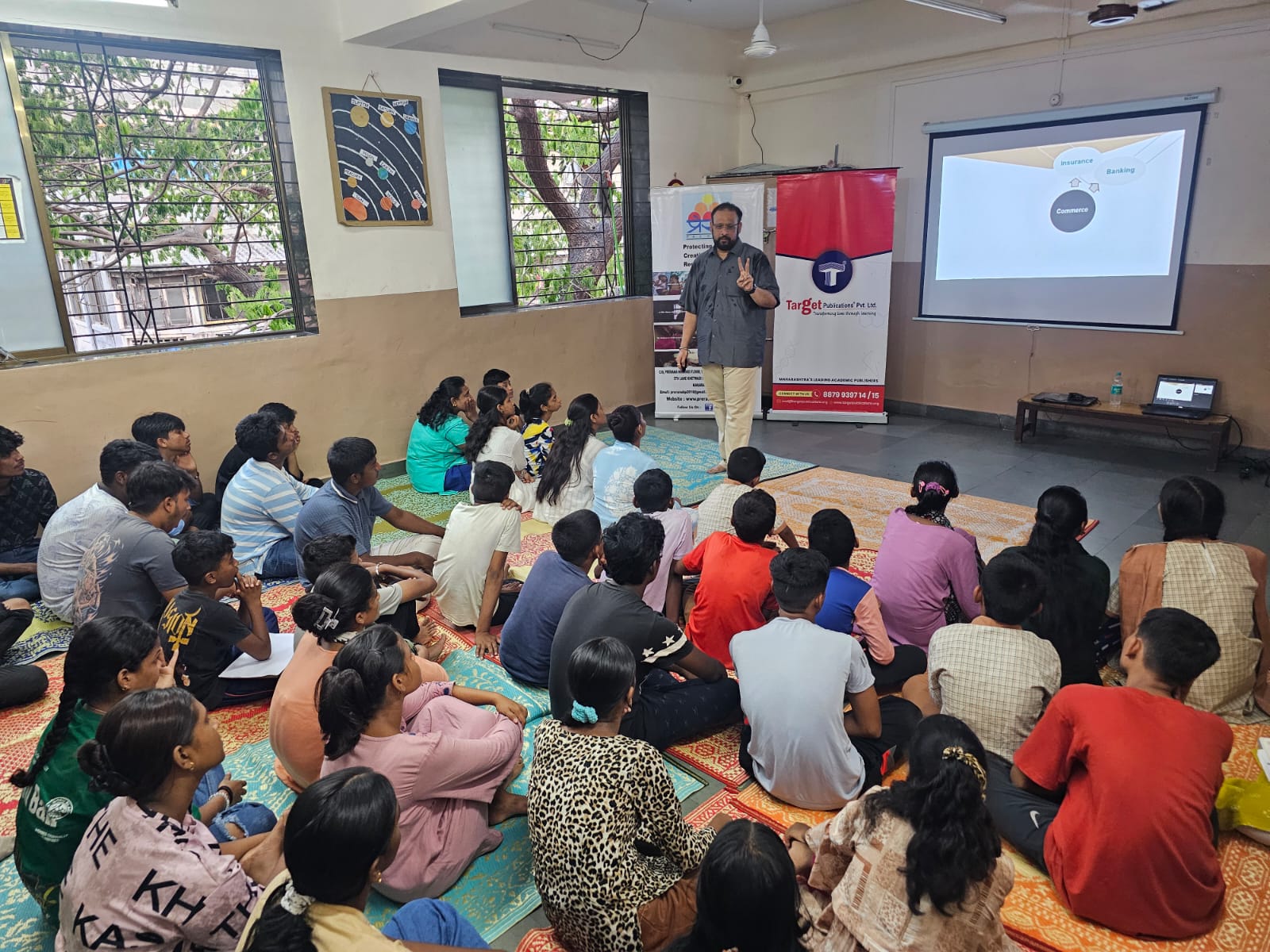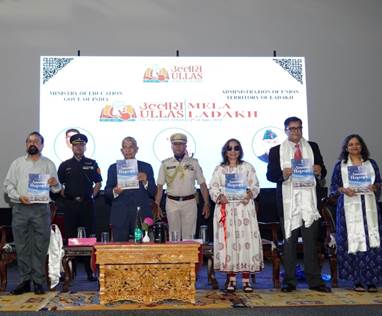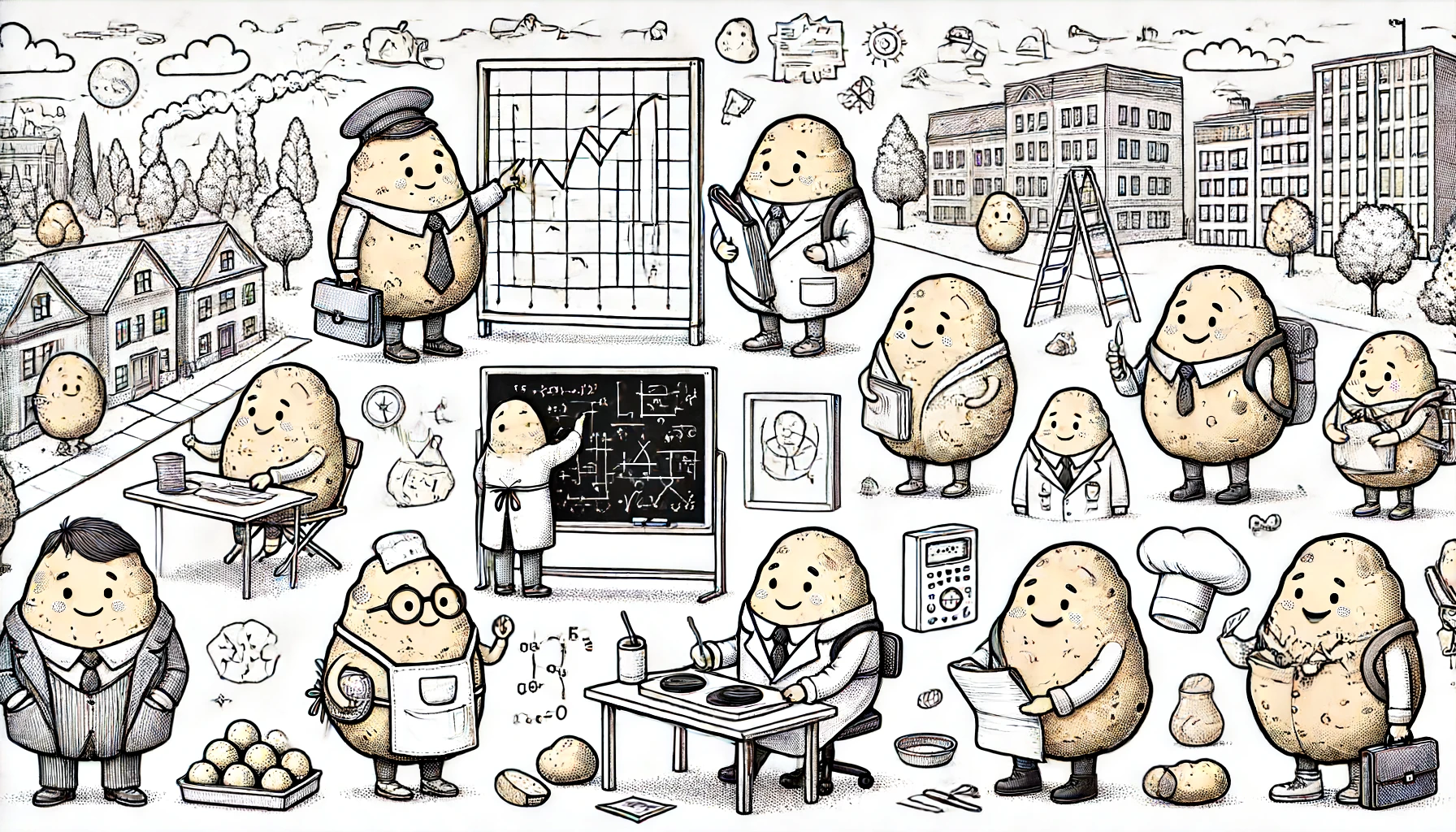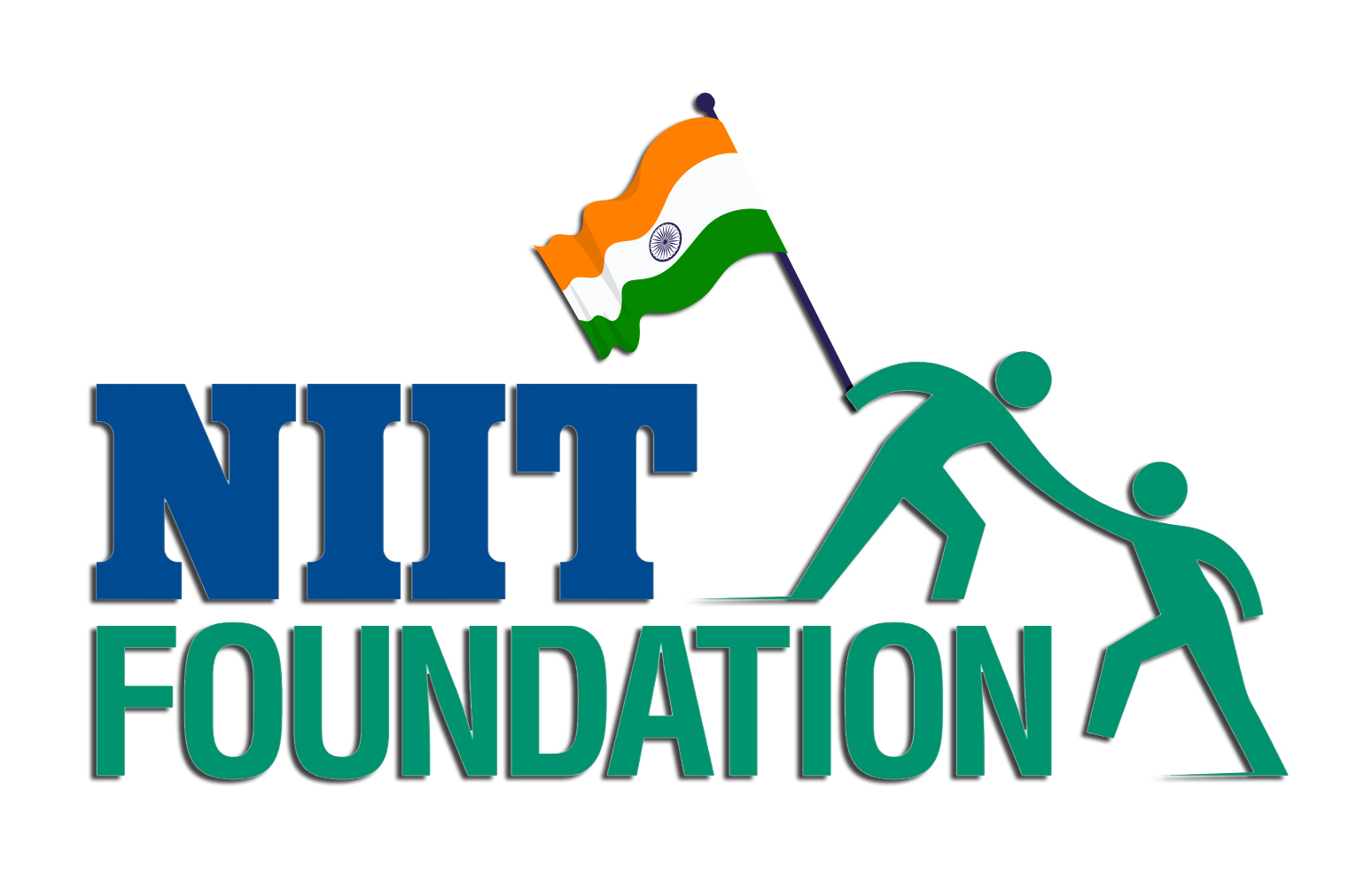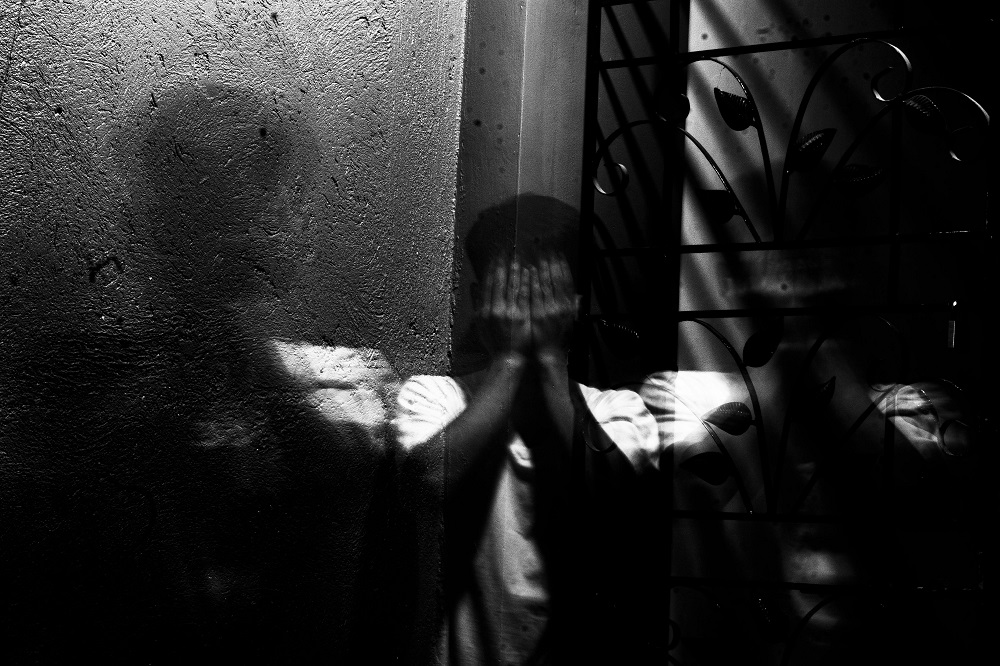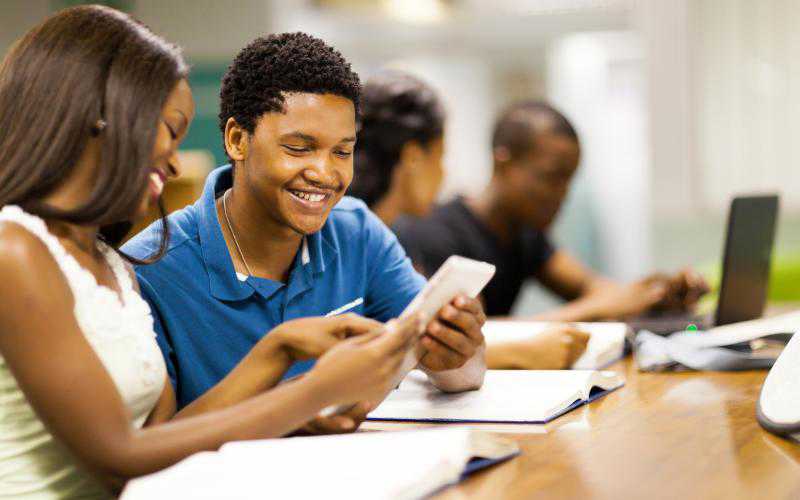Yes, you read it correct. Am I referring to a real or metaphorical potato? Give it a guess now. What it could be? Of course, the real potato could be used as a visual aid to talk about shape and size in early years classroom or it could be used to understand the concept of heavy objects sinking in water. Art specialists would use it as a stencil and mathematicians may use it to explore weight and measurement. Physics students might use the same potato for lighting a bulb, while chemistry and biology students might want to explore its atomic nature and reactions.
Great guessing, as all the above guesses are correct. In addition to the above we also have another potato there, waiting to adjust to our needs and requirements. Let me give you another clue by tickling your critical thinking skill.
Potato : Cooking :: ________ : Teaching
Bulls eye! Now you have got it. Just like potato, which can be used anywhere and in any form of cooking, stories too can be used anywhere and in any form within the teaching and learning process. They gel very well with all resources , concept and caters for varied requirements of a classroom setting.
Potato : Cooking :: Stories : Teaching
Stories are at the core of all our memories, we seem to have inbred liking for them, and students are no different from us. Stories teach us everything about life and when used within the four walls of classroom they can create magic. Let us understand why, how, and what is behind this magic.
Why is Storytelling the most effective Teaching Tool?
- Oldest form of education– Even before the invention of language man has been telling stories to teach his leanings in form of cave paintings. Later he used signs and symbols to express his feelings.
- Emotional connect – stories go straight to heart. Information and facts will be forgotten, but incidences are remembered in form of stories.
- Motivates and encourages– It is Scientifically proven. According to Paul Zak, a neuroscientist, when we listen to stories, chemicals like dopamine and oxytocin are released which help in increased motivation and attention.
- Makes us open minded – Stories have been used to pass down beliefs, traditions, and history to future generations, thus appreciate cultures. They are very resourceful in creating awareness and being responsible global citizens.
- Stimulates the imagination – Stories transport us to a different world altogether, thus tickling and stimulating our imagination, which might lead to innovation.
- Boosts memory – They are easy to remember. Psychologist Peg Neuhauser states that learning which results from a well-told story is remembered more precisely and for longer duration in contrast to learning from facts and figures. Jerome Bruner’s, another psychologist supports the above study through his research which suggest that facts are 20 times more likely to be remembered if they’re part of a story.
- Develops skills – listening is the first and most basic skill developed through stories. Listening is not only an essential survival skill but also it is imperative for developing other soft skills as well, namely comprehension, critical thinking to begin with. Stories are also helpful in painting the larger umbrella of communication skill with special reference to writing and retelling stories.
- Foresee the unseen – enable children to empathise with unfamiliar people/places/situations. offer insights into universal life experiences
When and Where can is Stories be used as teaching Tool?
- As a brain breaker – To break the monotony and promotes a feeling of well-being and relaxation
- To share personal experiences. – Increase children’s willingness to communicate thoughts and feelings
- To introduce a new topic – Leaving a story unfinished will help students think. This can serve as a provocation to build the lesson on. From English to math, art to science, each and every topic could be covered through story.
- To illustrate a concept – painting a pen picture for students helps in presentation skill as well.
- As outcome of a lesson- students can be motivated to create own stories using the newly learnt concept. Once involved their learning outcomes is not only better understood but also raises more questions in the young minds.
- To help children consider new ideas and explore new concepts. Encourage use of imagination and creativity
- Increase verbal proficiency – follow up activity after the stories ensures using the newly learnt words becomes a part of their vocabulary.
- Stories are very good assessment tools as well. They help us set the stage for assessment and then students analyze, think and come up with appropriate solutions and endings.
Who can benefit from the tool of stories?
- All classes from PreK to K12 all look forward to stories.
- To cater to VAK needs of students as there is something for everyone in a story.
- Stories can be read, seen or heard catering to individual needs.
- Stories can be used as differential tasks as well catering to needs of higher order thinking students as well.
- Stories help build up connect between the teller and listeners. They also help in enhancing social skills within the class.
What concepts and Which Stories can be used as teaching Tool?
Now that’s where the potato nature of stories come in. Stories are multitalented and multi-faceted and can suit all purposes, meet every need. It is on the teacher within you to design the best story to meet your objectives. However below are few tips which might come handy.
As per the audience – any story which your audience would connect to will work for you. Story, its language and the props used should be age appropriate. One of the earliest examples of story as a teaching tool which comes to my mind is the one which taught me, that while subtracting, I need to keep the bigger number on top.
If you have 6 candies, can you give me 10.
Yes or no, whatever the answer would be, it will certainly lead to learning. Learning not only about numbers, but also soft skill of critical thinking, reflecting and communicating. One tool, one story can change the way we teach and learn.
- As per the lesson objectives – List out the learning objectives you are aiming at during the lesson. Identify the key words from the goals. Use them for building up the story / adapting an old story.
- Follow up activity – story should be able to accommodate a follow up activity for students to reflect.
- Story Structure – selected story could have a set structure as per the story mountain or could be tweaked to meet your requirements. For example : I had once tweaked the story of “ How the Kangaroo got its pouch” to introduce the continent of Australia to first graders.
All the above points reinforce my belief in stories, their power and magic. To conclude for an educator STORY spells out as Strategic Tools to Optimize Reflections Yummily.
A is not always Apple
B is not always Ball
A could be Anecdote for some ,
While B may be basic stories for all.
A bit of Creativity and a bit of Drama
The E for Educator in you can create new experiences
by taking stories to your class.
Authored By- Smriti Sajjanhar, PBL Coordinator, Bugle Editorial Board, Genesis Global School, Noida
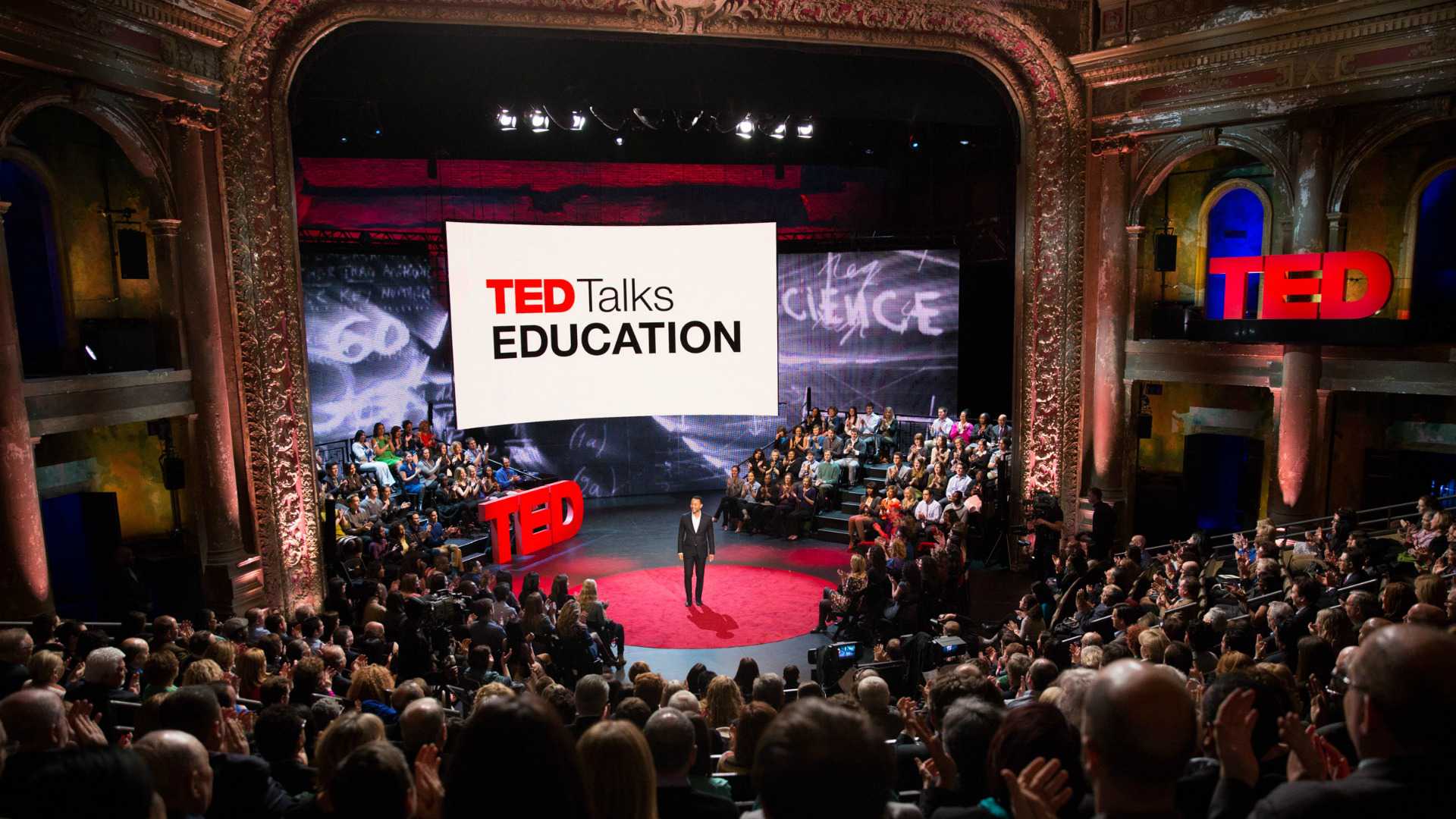
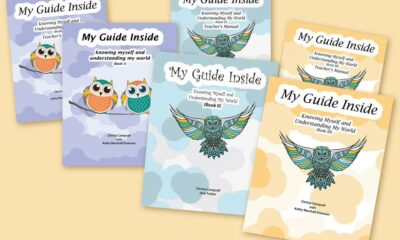
 Education3 months ago
Education3 months ago
 Education1 month ago
Education1 month ago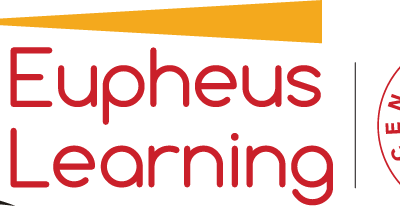
 Education2 months ago
Education2 months ago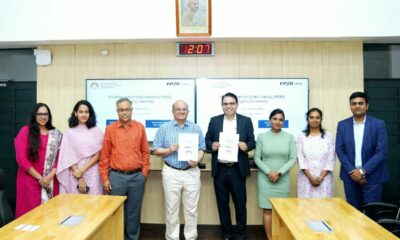
 Education3 months ago
Education3 months ago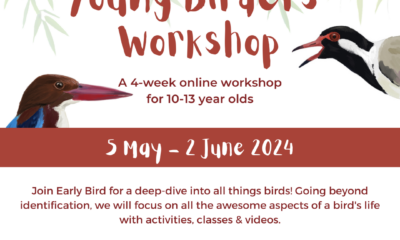
 Knowledge2 months ago
Knowledge2 months ago
 Education3 months ago
Education3 months ago
 Edutainment3 months ago
Edutainment3 months ago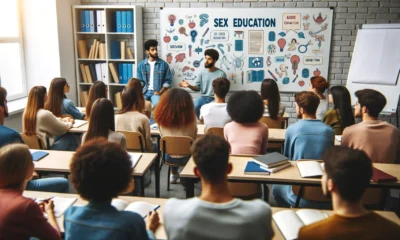
 Education1 month ago
Education1 month ago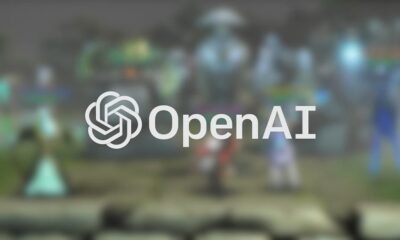
 Education4 weeks ago
Education4 weeks ago
 Education2 months ago
Education2 months ago




